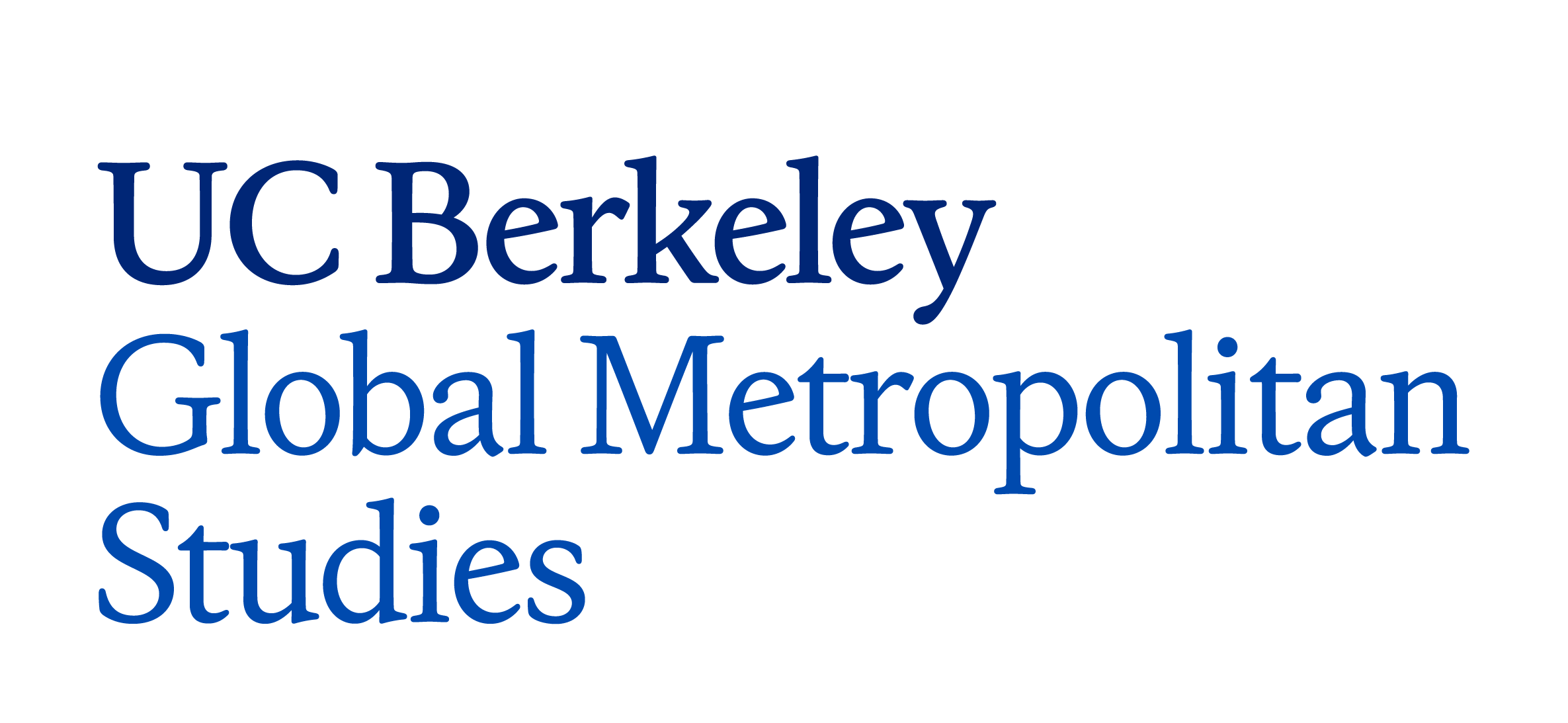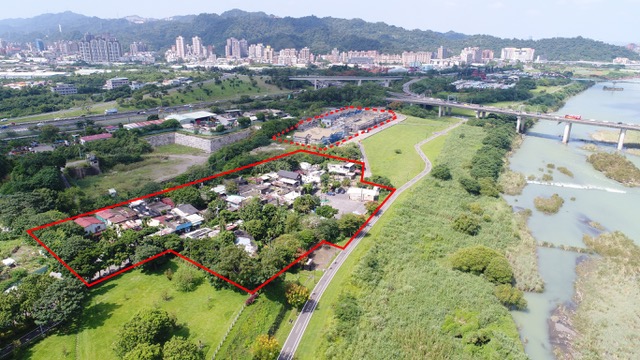This event has been cancelled due to the campus closure for large events and classes due to COVID-19. We hope to reschedule for the fall.
In this talk I will review a 12 years-long project that transformed an illegal squatter settlement built by indigenous Amis people from east coast Taiwan into a legal and permanent housing complex in the metropolitan center of Taipei where the housing price had skyrocketed beyond the reach of most young urban middle class in the last two decades. Wearing the hats of urban activist, community planner, and social researcher, our team observed the strategies that the indigenous settlers adopted to weather the floods that regularly destroyed their homes built on the flood plain. We also worked with the tribe and facilitated the negotiation between the tribe and the city government that had made several attempts to demolish the illegal homes and relocate the settlers. After years of struggle, the well-organized tribal community succeeded in winning their right to live in the city legally, and found financial supports to build permanent housing on the same site, only at a higher attitude above the annual flood line. Our team then initiated a lengthy, yet most inspiring process of participatory design to work with the tribe collectively and with individual families to design their new homes. Given the fact that most of the settlers worked as construction workers in the city, they were hired at a fair pay to build the project. Now, as the project is close to completion, and the families are getting ready to move into the house they designed and built, I will reflect on the lessons we have learned from this unusually successful fight for the right to the city.
Jin-Yung Wu is a visiting Scholar at UC Berkeley from National Taiwan University. You-tien Hsing, Professor, Department of Geography, UC Berkeley will serve as the panelist/discussant.
This lecture is co-sponsored by Center for Chinese Studies (CCS) and Global Metropolitan Studies.

